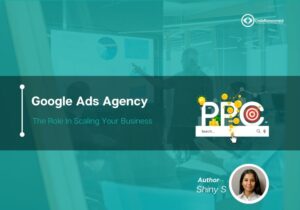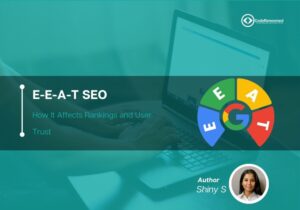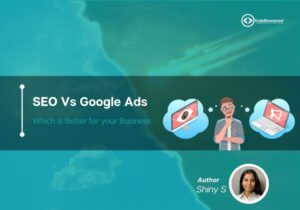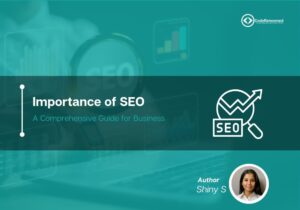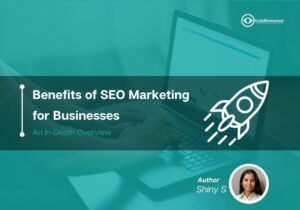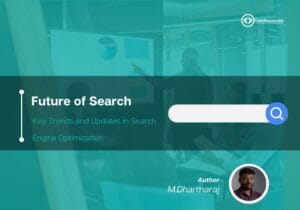
The Future of Search
The Future of Search Key Trends and Updates in Search Engine Optimization Do you want to excel in the digital world? If yes, then you must know about SEO or Search Engine Optimization. As the digital world has risen, Search engine optimization (SEO) has become a rapidly evolving field. SEO demands the users to stay up-to-date with the latest trends


